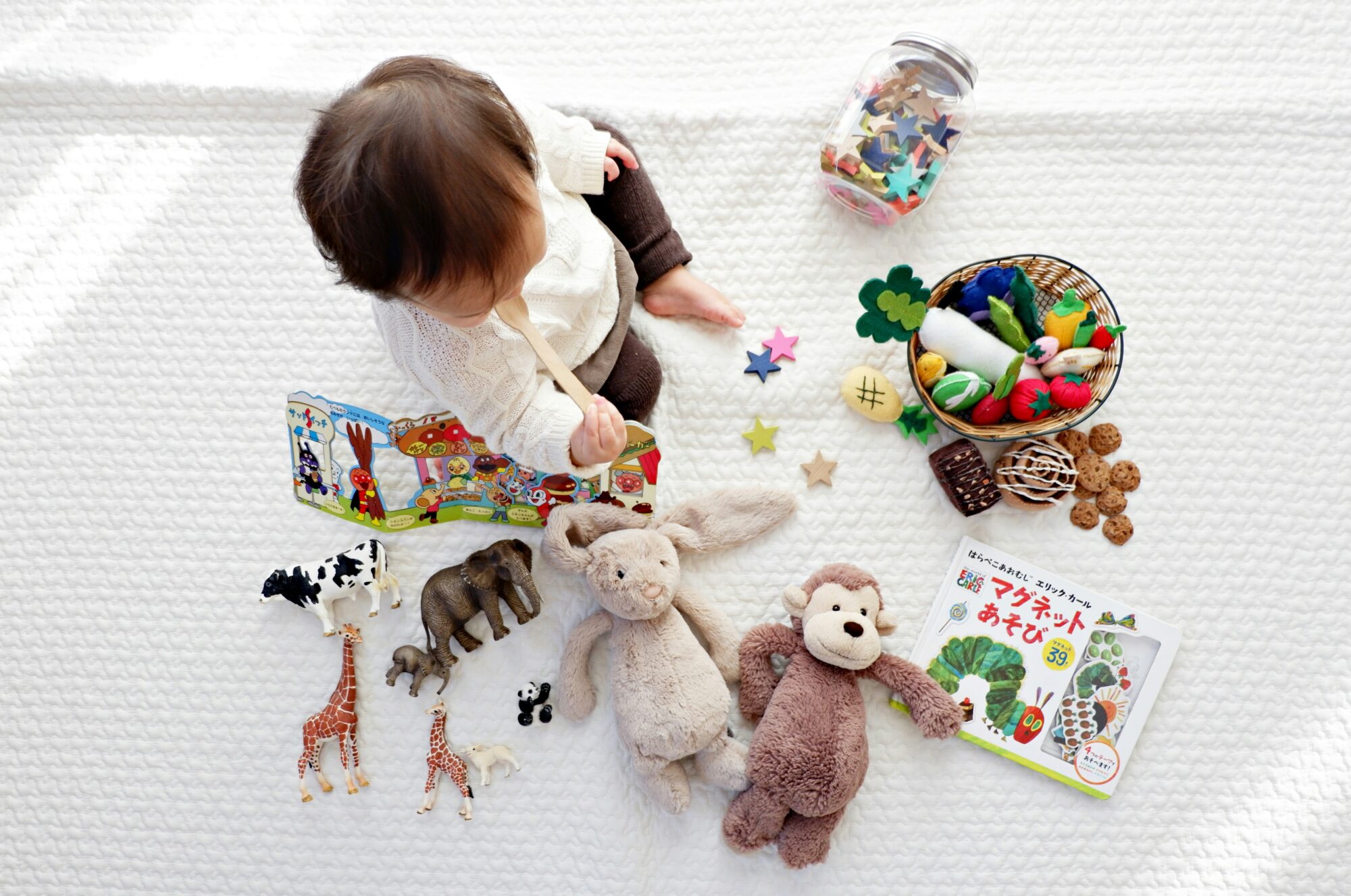Play is so much more than just fun and games—it’s a powerful tool for child development, emotional resilience, and family connection. As a child mental health therapist, I see firsthand how play nurtures emotional well-being, social skills, and cognitive growth in children and adolescents.
In today’s fast-paced world, structured schedules and increased screen time often replace unstructured play, yet research confirms its importance. According to the American Academy of Pediatrics (AAP), play is essential for brain development, reducing stress, building resilience, and fostering essential life skills that prepare children for success in school and life.
At Individual and Family Connection (IFC), we believe in the power of play-based learning to strengthen parent-child relationships. This month, our IFC Book Club is reading The Way of Play: Using Little Moments of Big Connection to Raise Calm and Confident Kids by Tina Payne Bryson and Georgie Wisen-Vincent. This incredible parenting resource explains that play is a child’s first language, allowing them to express emotions, communicate needs, and explore the world around them.
Read below to discover the 5 key benefits of play and learn how you can easily incorporate playful parenting techniques at home. And if you’re feeling hesitant about engaging in play—don’t worry! Many parents find it challenging, especially since adult brains are more cognitively focused. That’s why IFC therapists are here to support you in making play a natural and enjoyable part of your family life.
1. The Power of Social Connection
Play is a natural way for children to build relationships, teaching communication, empathy, and teamwork. Through cooperative play, children learn how to navigate friendships, resolve conflicts, and express emotions in a safe and supportive environment.
⭐ Try this: Set up a weekly family game night where everyone takes turns choosing an activity—whether it’s a board game, storytelling, or a backyard obstacle course. The goal is simple: have fun and connect!
2. The Power of Emotional Regulation
Play provides a healthy outlet for children to process emotions, manage anxiety, and cope with stress. For children dealing with big feelings or past trauma, play therapy techniques—such as role-playing, storytelling, or sensory play—help them communicate what they may not have words for yet.
According to the AAP, “serve and return” interactions (where a child engages in playful back-and-forth exchanges with a responsive adult) are critical for emotional regulation and brain development.
⭐ Try this: Offer art supplies, dolls, or storytelling prompts to help your child express emotions through play. If your child seems withdrawn or frustrated, engaging in parallel play (playing alongside them without direct instructions) can be a gentle way to foster connection.
3. The Power of Cognitive Growth
Play is essential for developing problem-solving skills, creativity, and executive functioning. Research shows that unstructured, imaginative play (such as pretend play, role-playing, or building with blocks) enhances critical thinking, impulse control, and flexible thinking—all crucial skills for academic success.
⭐ Try this: Encourage your child to create their own game using household objects, design a LEGO city, or transform cardboard boxes into a magical world. When parents follow their child’s lead in play, it nurtures confidence, independence, and creativity.
4. The Power of Physical Development
Active play supports gross motor skills, coordination, and overall physical health. Movement-based play also helps with self-regulation, making it especially beneficial for children with sensory sensitivities or ADHD.
Additionally, engaging in physical activities together—such as dancing, obstacle courses, or yoga—can strengthen parent-child bonds while promoting emotional and physical well-being.
⭐ Try this: Head to a local park, playground, or backyard and play tag, jump rope, or set up a mini obstacle course to encourage movement and connection.
5. The Power of Joyful Learning
Children learn best through play—it enhances memory retention, curiosity, and a love for exploration. Studies show that play-based learning experiences (such as hands-on science experiments, interactive storytelling, and music activities) increase engagement and cognitive development.
Reframing real-life challenges through play also helps children process emotions and develop problem-solving skills. As Tina Payne Bryson explains in The Way of Play, role-playing everyday scenarios helps kids build confidence and a sense of mastery over their experiences.
⭐ Try this: Turn everyday moments into learning opportunities—cook together, count objects during a nature walk, or create a fun science experiment at home.
Final Thoughts: Make Play a Priority
Play isn’t just entertainment—it’s a crucial part of childhood development. By embracing playful parenting, you can help your child build resilience, confidence, and emotional intelligence while deepening your family bond.
???? Want to learn more? If your child struggles with boredom, emotional regulation, or social skills, check out our other blog: Handle Boredom During Holiday Break.???? Need support? If you’d like personalized guidance on integrating play into your child’s routine, connect with a child therapist at Individual and Family Connection today! Click here to schedule a session.

